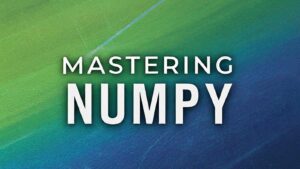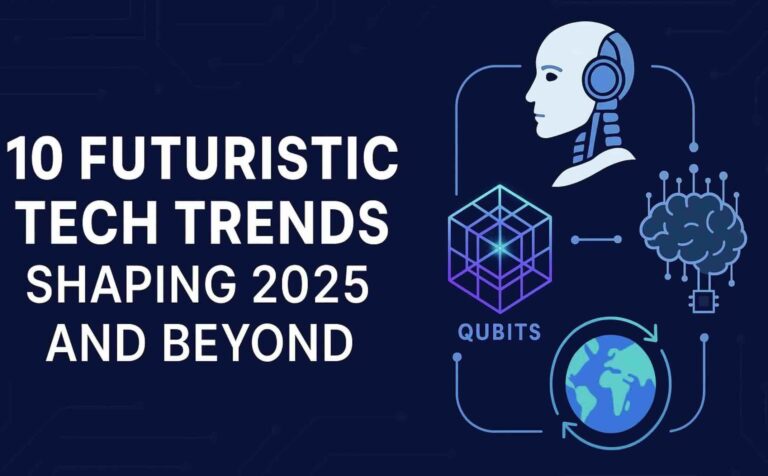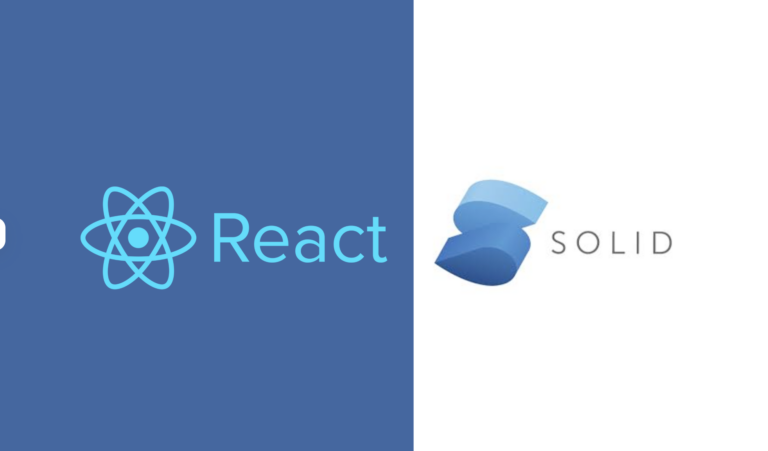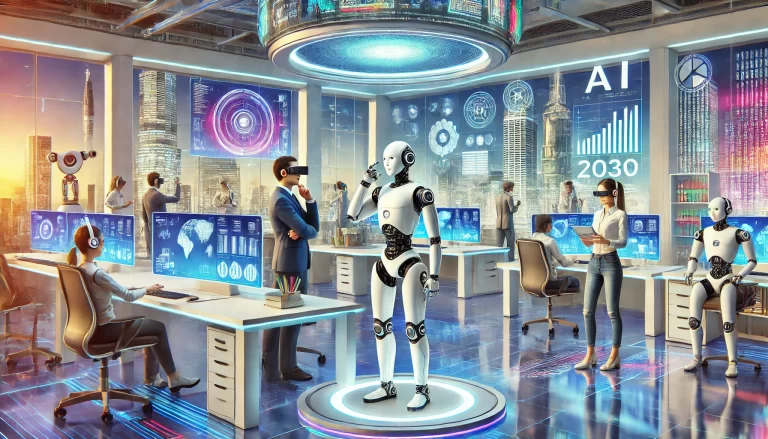The relentless pace of technological advancement has fundamentally altered the landscape of learning. In today’s world, where innovation explodes at breakneck speed, the ability to unlearn outdated knowledge and habits is just as crucial as acquiring new skills. Entire industries are undergoing rapid transformations driven by Artificial Intelligence, Machine Learning, and the Internet of Things. To remain competitive, organizations and individuals must adopt a mindset that values continuous adaptation and embraces the power of unlearning.
The Urgent Need for Unlearning
Knowledge Overload: Traditional models of education emphasize knowledge accumulation. However, in a world saturated with information, clinging to outdated practices becomes a barrier to progress. Unlearning allows us to shed the weight of obsolete information, freeing up mental space for creativity and exploration of fresh approaches.
Shifting Skills Landscape: Technological advancements render previously essential skills obsolete at an alarming rate. For example, the rise of automation threatens jobs heavily reliant on repetitive tasks. Embracing unlearning allows individuals to stay relevant by continually acquiring the skills demanded by the evolving market.
Innovation Stagnation: Clinging to established methods stifles innovation. By encouraging individuals to question assumptions, unlearning fosters a culture of experimentation and open-mindedness. This environment encourages teams to explore new solutions, leading to breakthroughs and advancements.
Benefits of Unlearning for Individuals and Organizations
Enhanced Adaptability: Organizations that embrace unlearning are agile and responsive. They can quickly adapt to market shifts and technological disruptions, allowing them to maintain a competitive edge.
Continuous Improvement: Unlearning fosters a growth mindset within individuals and organizations. It encourages a constant thirst for knowledge, a willingness to learn from failures, and a commitment to continuous improvement.
Improved Efficiency: Regularly questioning and unlearning outdated processes streamlines workflows and optimizes resource allocation. This efficiency boost translates to cost savings and increased productivity, leading to a competitive advantage.
Fostering Innovation: Unlearning encourages individuals and teams to think outside the box and explore alternative possibilities. This fosters a culture where creativity thrives and breakthrough ideas emerge.
Empowered Workforce: By embracing unlearning, organizations empower their employees. They are encouraged to take ownership of their professional development, upskill themselves, and contribute to the company’s growth.
Strategies for Effective Unlearning
Critical Thinking: Encourage teams to question established norms and practices. Challenge assumptions and explore alternative viewpoints. This fosters a culture of critical thinking and open-mindedness.
Learning Mindset: Cultivate a learning mindset within your organization. Encourage employees to embrace continuous learning and skill development. Create opportunities for professional development through workshops, conferences, and online courses.
Feedback Mechanisms: Regularly solicit feedback from diverse stakeholders. This could include peers, mentors, clients, and even competitors. Use these insights to identify areas for improvement and adapt strategies based on changing market needs.
Embrace Diversity: Foster a culture of diversity and inclusion. Diverse teams bring different perspectives to the table, sparking creativity and driving innovation. This diversity of thought encourages unlearning existing biases and exploring alternative approaches.
Real-World Examples: Learning from the Past
Kodak vs. Fujifilm: Kodak, a pioneer in photography, failed to unlearn its reliance on film when digital technology emerged. In contrast, Fujifilm embraced unlearning and pivoted to digital cameras, allowing them to adapt and thrive in the changing market.
Kodak’s case exemplifies the consequences of clinging to outdated practices. While Fujifilm, by embracing unlearning, secured its position as a leader in the digital imaging industry.
Blockbuster vs. Netflix: Blockbuster’s reluctance to unlearn its traditional brick-and-mortar video rental model led to its decline. Netflix, on the other hand, embraced unlearning and adopted streaming technology, revolutionizing the entertainment landscape.
These examples highlight the stark difference between companies that embrace unlearning and those that resist it. Unlearning can be the difference between survival and extinction in a rapidly evolving technological era.
The Future Belongs to the Unlearners
Unlearning is not about forgetting everything you know. It’s about remaining adaptable and open to new ways of thinking. Cultivating a culture of unlearning within your organization equips your team to navigate the complexities of the digital age. By prioritizing unlearning alongside learning, you unlock new opportunities and propel your organization towards sustainable growth in this era of constant change.
Remember, unlearning is not a one-time event; it’s a continuous process. By encouraging continuous learning, fostering a culture of critical thinking, and embracing diverse perspectives, you empower your team to become lifelong learners and navigate the ever-evolving technological landscape with confidence.












